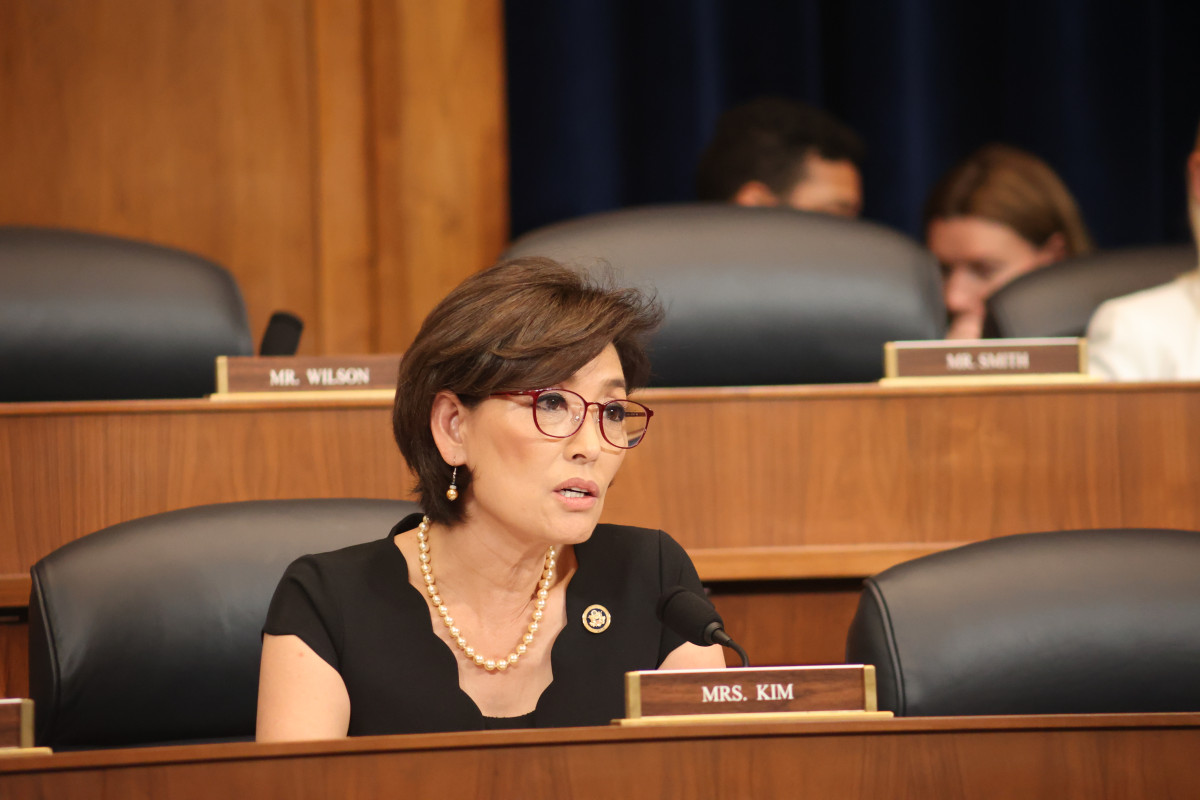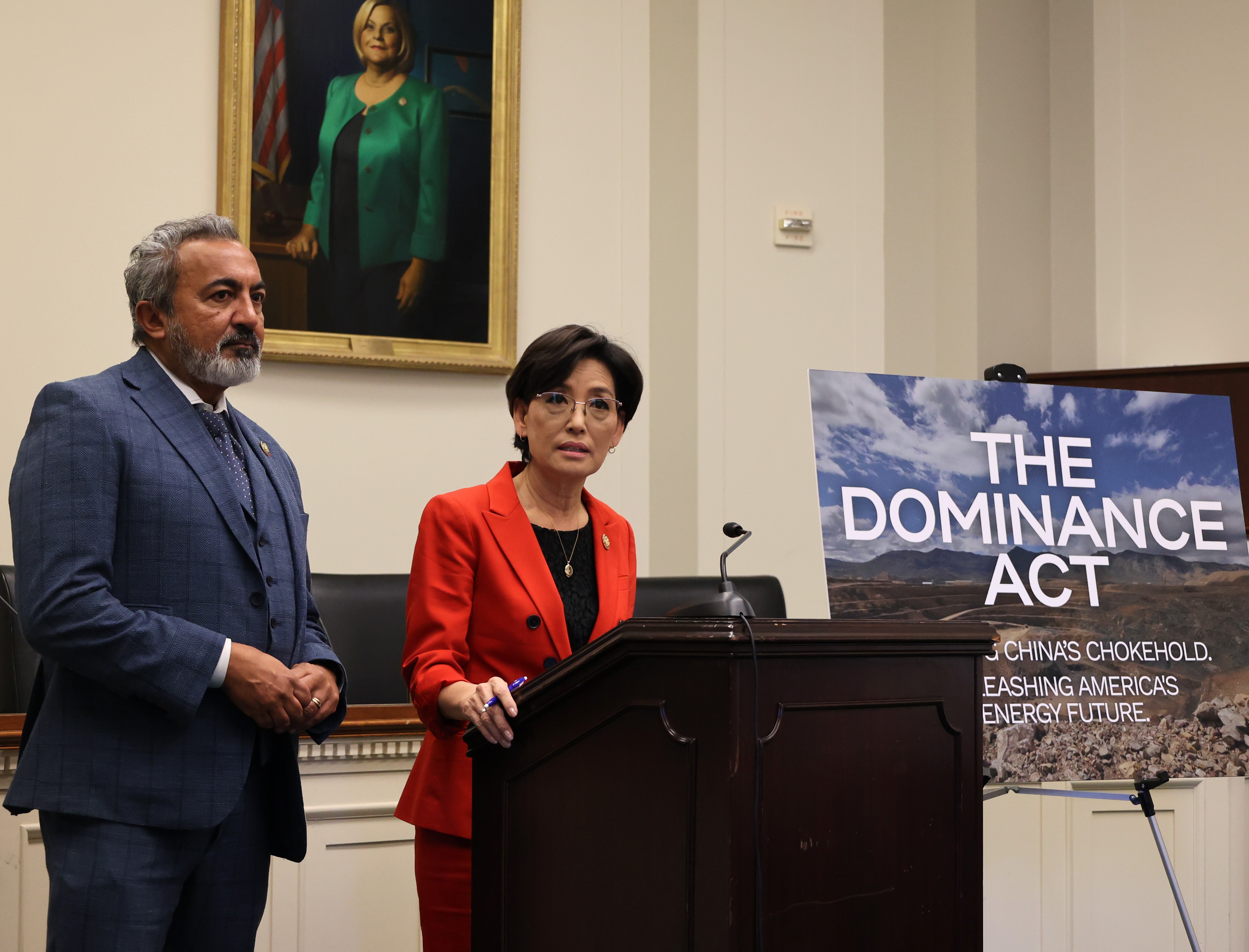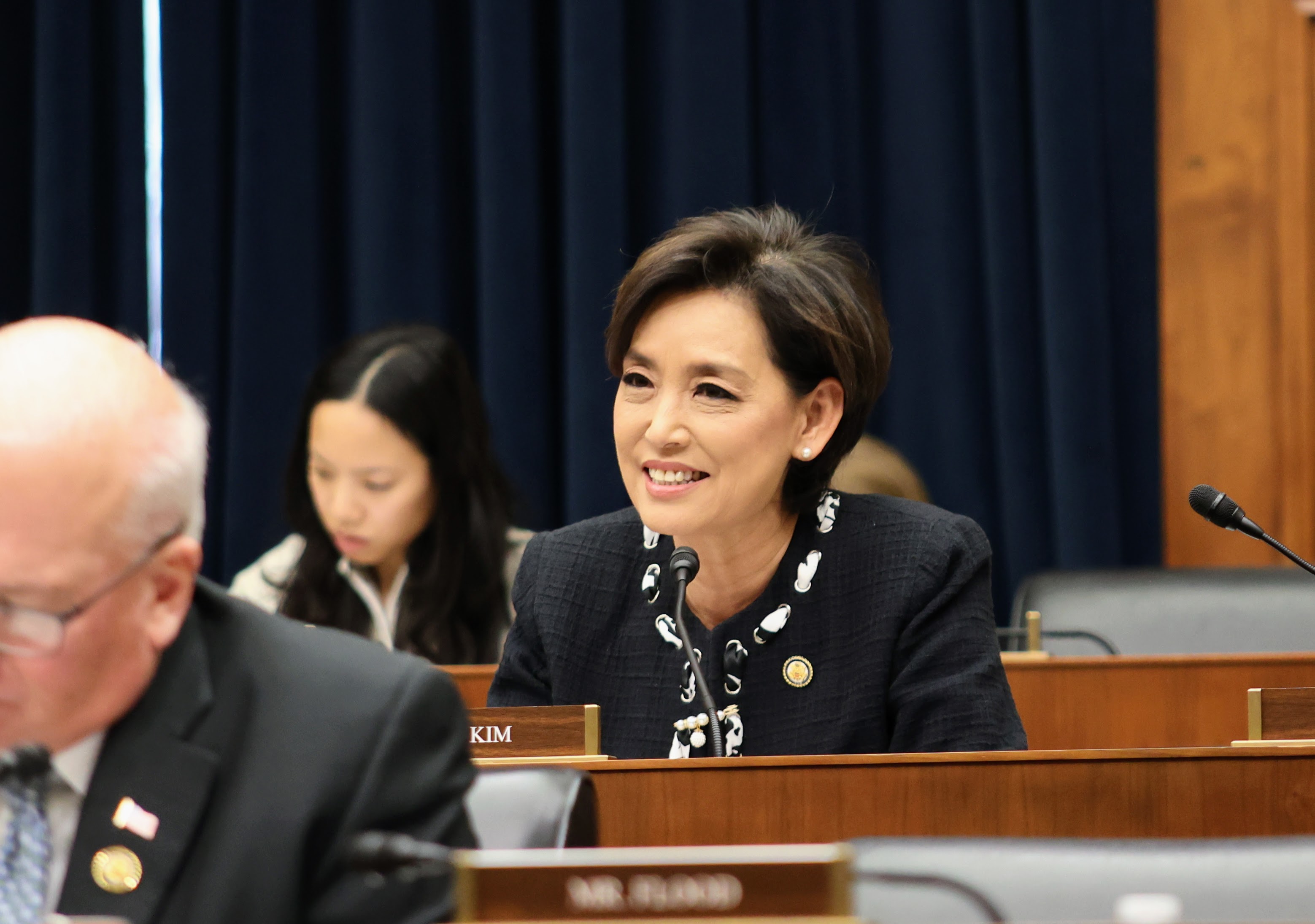Secretary for Justice Paul Lam on Friday responded to comments by Blinken, who said he would be “happy” to review a list of suggested targets for sanctions over alleged human rights violations in Hong Kong.
Blinken’s remarks were made at a hearing held by the House Foreign Affairs Committee on Thursday, when he responded to questions raised by Republican lawmaker Young Kim.
Article 23
The congresswoman referred to the passage in Hong Kong of the Article 23 legislation in March, which the she described as being “much worse by all accounts” than the Beijing-imposed national security law enacted in 2020.
Kim questioned why no Hong Kong officials had been sanctioned since 2021. She also mentioned she had introduced the Hong Kong Sanctions Act along with two other US representatives. The bill called on the US to impose sanctions on at least 49 judges, prosecutors and officials who were said to have played an active role in persecuting dissidents in the city.
The list included justice chief Lam, Commissioner of Police Raymond Siu and High Court judges Esther Toh, Andrew Chan and Alex Lee, who were handpicked to oversee landmark national security cases.
“If my office transmits the list of these individuals to you, can you assure me that you will evaluate whether these individuals can be sanctioned under existing authorities?” Kim asked.
In response, Blinken said the US government was “looking across the board” and “taking necessary actions,” including sanctions, against individuals who were “undermining Hong Kong’s basic autonomy.”
“We will continue to do that, but I am happy to look at that list that you have,” the US official said.
Hong Kong justice chief Lam said on Friday that the comments by Blinken were in breach of some fundamental principles of international law.
“Such acts or comments will absolutely not affect my work or that of the Department of Justice, nor will they have the slightest impact,” Lam told reporters in Cantonese.
Separate to the 2020 Beijing-enacted security law, the homegrown Safeguarding National Security Ordinance targets treason, insurrection, sabotage, external interference, sedition, theft of state secrets and espionage. It allows for pre-charge detention of to up to 16 days, and suspects’ access to lawyers may be restricted, with penalties involving up to life in prison. Article 23 was shelved in 2003 amid mass protests, remaining taboo for years. But, on March 23, 2024, it was enacted having been fast-tracked and unanimously approved at the city’s opposition-free legislature.
The law has been criticised by rights NGOs, Western states and the UN as vague, broad and “regressive.” Authorities, however, cited perceived foreign interference and a constitutional duty to “close loopholes” after the 2019 protests and unrest.




